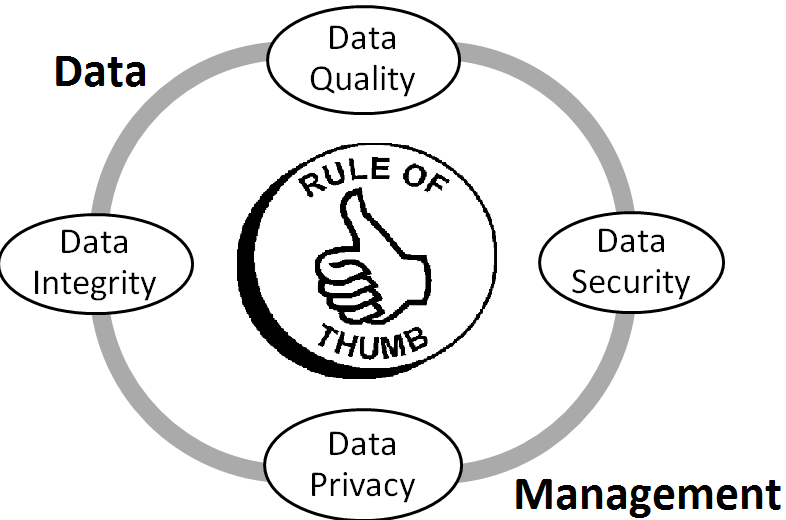A mature data is the life of research, especially in clinical trials. To maintain the integrity of data is an utmost important task of a clinical trial. It is now the requirement of a project proposal, submitted for financial assistance to any granting agency, to have a Data Management Plan (DMP). A DMP is a document which describes how you will manage your data during and at the end of the project. DMP covers the data life-cycle of a project including:
- Data detection
- Data collection
- Data organization (e.g., spreadsheets, databases),
- Data quality assurance/quality control
- Data documentation (e.g., data types, laboratory methods)
- Data lock for statistical analysis
- Data archive and sharing with others (e.g., data policies and dissemination approaches).
To achieve the above steps of data management, following thumb rules may help you to ensure your data integrity and safety:
- Rule 1: Determine the Research Sponsor Requirements
- Prepare DMP
- Rule 2: Identify the Data to be collected
- how much and what types of data will be collected
- Types
- Sources
- Volume
- Data and File formats
- how much and what types of data will be collected
- Rule 3: Define how the data will be organized
- ORACLE or mySQL, or a Geographic Information System (GIS)
- Rule 4: Explain how the data will be documented
- Rows and columns of numbers and characters
- Metadata
- Rule 5: Describe how data quality will be assured
- Quality assurance and quality control (QA/QC) process
- Rule 6: Present a sound data storage and preservation strategy
- How long will the data be accessible?
- How will data be stored and protected over the duration of the project?
- How will data be preserved and made available for future use?
- Rule 7: Define the project’s data policies
- Licensing or sharing
- Legal and ethical restrictions
- Rule 8: Describe how the data will be disseminated
- Publishing
- Data are disseminated using standard, non-proprietary approaches
- Rule 9: Prepare a Realistic Budget
Last modified: 21/11/2019







